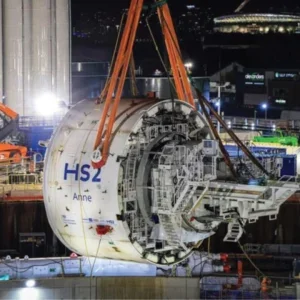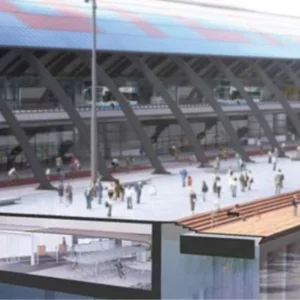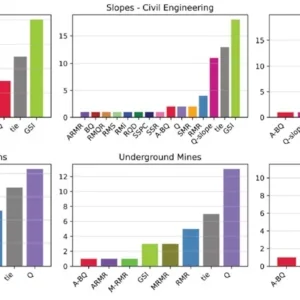There is no denying it, tunnelling is a cut-throat business. One TBM manufacturer put it to me: “There is always some bastard willing to do it for one per cent less than you. And if you win the job then you’re that bastard.”
Clients are working hard to play on this competition and encourage it as it can result in cheaper tunnels. But some tunnellers will be wondering if cheaper tunnels are good or bad news for the projects and the industry.
In Singapore, major tunnelling client the Land Transport Authority (LTA) has this mastered. For the recent metro projects it awarded the contracts on a 70/30 split, price and experience. Ahead of the tender it went on a global marketing tour to encourage more contractors to bid. And the efforts paid off. On one contract the winning tender was more than SGD 200M (USD 150M approx.) cheaper than the closest competitor, saving the LTA about 40 per cent of the contract cost.
The LTA is now looking at buying its own TBMs. The contracts were tendered last month and will be awarded on an 80/20 split, almost guaranteeing the lowest bidder the contract. Big savings are sure to follow for the client.
On the Crossrail job in London the TBM giants are lobbying Crossrail to send the contracts their way. Although it will be the contractor who awards the purchase contract, the manufacturers are promising extra back-up, services and support to the jobs in an effort to get ahead of the competition. The contractors themselves have already made their bids and are awaiting response.
Simple economic theory says that lower costs will lead to more tunnelling. But some worry about what the impact will be on the industry – even some at the LTA.
It is not the case that the cheapest tender is always from the least experienced contractor. Major tunnelling contractors are winning projects, even when the client is motivated mainly by price. But if price is the main driver, and a good prequalification structure isn’t in place, it is possible that inexperienced contractors can win projects by underestimating the costs. This would leave an inexperienced contractor quickly looking for ways of saving money on the project as the true costs become apparent. Indeed, experienced contractors could make (and have made) the same mistake of under-pricing if under strong pressure to cut costs to compete. Ultimately the project could suffer.
The LTA, at least, has recognised the risk of getting an inexperienced contractor and has developed a clever legal document that puts some of the project liability on the machine manufacturer, in a move that it hopes will pressure the manufacturer into ensuring the contractor keeps on the straight and narrow. This Deed of Collateral Warranty is going to be a headache for some TBM suppliers but could be good news for contractors. T&TI will be digging into this early in the New Year.
Tunnellers can afford to make a loss on the occasional project, even if they don’t like to. But not many companies can sustain losses on multiple projects. Aggressive competition will lead to more companies facing losses and perhaps the consolidation of tunnelling firms.
As 2010 draws to a close there is just one thing left for me to do and that’s to wish you all a merry Christmas and a successful New Year.
Jon Young






